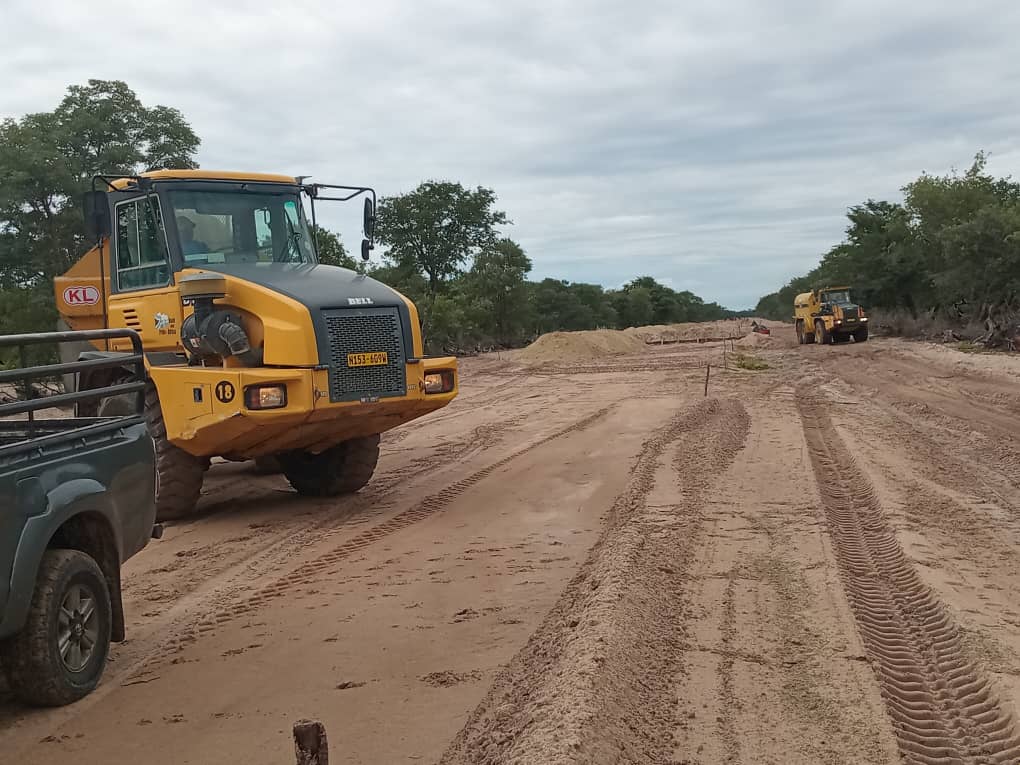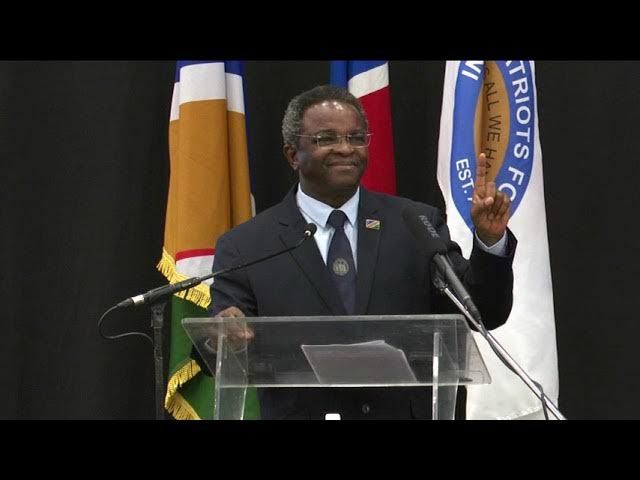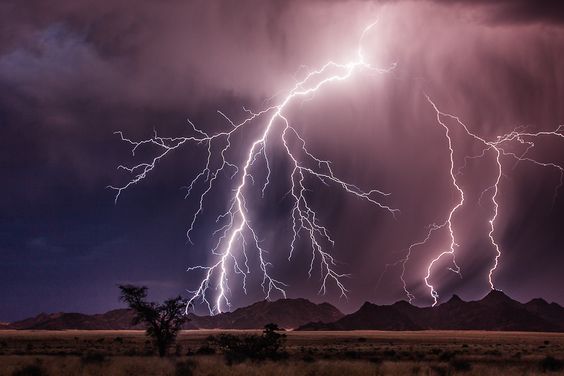Editor’s Note: Thirsty for black gold just like the United States, China could be tapped to play a critical role in bolstering security in Iraq’s key oil-producing regions.
WITH only about two months left until “handover of sovereignty” day, June 30, news comes from dismayed American field commanders that half the new Iraqi security forces have quit. Without security, oil production cannot be boosted, which means the funds for reconstruction will also come up short.But the United States might find a new partner in its attempts to establish security in Iraq – China.Although the Chinese are usually not too keen on sending their soldiers beyond their borders they have an overriding interest here – their need for oil.China, with its booming economy, now is the world’s No. 2 consumer of fossil fuels after the United States.In fact, China and America are turning into fierce competitors in an increasingly tight global fossil fuel market.Declining domestic fossil fuel production and increasing demand for the “black gold” haunt both superpowers.The Japanese daily Yomiuri recently published an article entitled “Prospects bleak for Iraq oil output.”The two big Iraqi oil-producing regions are in the south, centred on Basra, and in the north, centred on Mosul and Kirkuk.The security in both regions is very bad.Even if, on June 30, the handover takes place under a UN- sanctioned Iraqi government in Baghdad and surrounded by American troops, this will not resolve the security issue in the south and the north.The Yomiuri noted that Iraqi daily oil production now is the same as it was under the 1990s “Food for Oil Program.”Unless production is significantly raised there will be insufficient funds for Iraq reconstruction.As recently as two years ago, China and America had somewhat chilly relations.But the new Chinese ambassador, Yang Jiechi, in a recent San Francisco speech, noted that even at lower levels, diplomats from both countries are seeking each other out.In the same speech, Yang noted that China also donated $100 million for Afghanistan’s reconstruction and $25 million in support for Iraq.But a good part of Yang’s talk consisted of a plea to America to resolve the Taiwan imbroglio.One might first think that he did so because of the 25th anniversary of the passing by Congress of the Taiwan Relations Act.That act paralleled the normalisation of diplomatic relations with Mainland China in 1979.But when Vice President Dick Cheney went to China, he too found his hosts making the same plea.At the same time, a similar encounter occurred at Stanford University when a former high-level American official, Chas Freeman, gave a talk there.Freeman was Nixon’s interpreter when he made his bombshell visit to China in February 1972.But he later also became America’s ambassador to Saudi Arabia.Freeman began his talk by noting that Dick Cheney too was greeted by a plea to do away with the Taiwan Relations Act.Then he toned down the importance of the act, saying it is just an informal relationship between the president and Taiwan.The implication is that, if Bush is so inclined, he can unilaterally annul the act.Both America and China – and Russia – have strong interests in doubling or tripling Iraqi oil output.That can only done if workable security dominates in Iraq’s north and south.Marc Grossman, undersecretary of state for political affairs, testifying before Congress said: “A very large number of American troops on the ground will help to provide security and train Iraqi army and police forces.”But Americans appear unable to provide the needed security alone.That leaves the Chinese, who have had many years experience in not just building pipelines and roads but also protecting them in another country beset by war and insecurity – Sudan.While Sudan’s per day oil flow is still small, the pipeline going from southern Sudan to Port Sudan on the Red Sea operates with minimal trouble.And that is due to the Chinese.The Chinese have many times voiced their unwillingness to send soldiers beyond their borders.But if President Bush accedes to Chinese pleas about Taiwan, then they likely will change their minds.And if the American military forces stay in central Iraq, the Chinese will concentrate on the north and the south.Russia had hoped that it could play a key role in Iraq.But Russia now has ordered its citizens to leave Iraq.During the next two months something has to happen other than endless killing.If President Bush goes to China and along with Chinese President Hu Jintao makes an exchange – Taiwan for Iraq security – then the world will breathe a big sigh of relief.- Pacific News ServicePNS editor Franz Schurmann (fschurmann@pacificnews.org) is an emeritus professor of history and sociology at University of California, Berkeley, and author of numerous books.Without security, oil production cannot be boosted, which means the funds for reconstruction will also come up short.But the United States might find a new partner in its attempts to establish security in Iraq – China.Although the Chinese are usually not too keen on sending their soldiers beyond their borders they have an overriding interest here – their need for oil.China, with its booming economy, now is the world’s No. 2 consumer of fossil fuels after the United States.In fact, China and America are turning into fierce competitors in an increasingly tight global fossil fuel market.Declining domestic fossil fuel production and increasing demand for the “black gold” haunt both superpowers.The Japanese daily Yomiuri recently published an article entitled “Prospects bleak for Iraq oil output.”The two big Iraqi oil-producing regions are in the south, centred on Basra, and in the north, centred on Mosul and Kirkuk.The security in both regions is very bad.Even if, on June 30, the handover takes place under a UN- sanctioned Iraqi government in Baghdad and surrounded by American troops, this will not resolve the security issue in the south and the north.The Yomiuri noted that Iraqi daily oil production now is the same as it was under the 1990s “Food for Oil Program.”Unless production is significantly raised there will be insufficient funds for Iraq reconstruction.As recently as two years ago, China and America had somewhat chilly relations.But the new Chinese ambassador, Yang Jiechi, in a recent San Francisco speech, noted that even at lower levels, diplomats from both countries are seeking each other out.In the same speech, Yang noted that China also donated $100 million for Afghanistan’s reconstruction and $25 million in support for Iraq.But a good part of Yang’s talk consisted of a plea to America to resolve the Taiwan imbroglio.One might first think that he did so because of the 25th anniversary of the passing by Congress of the Taiwan Relations Act.That act paralleled the normalisation of diplomatic relations with Mainland China in 1979.But when Vice President Dick Cheney went to China, he too found his hosts making the same plea.At the same time, a similar encounter occurred at Stanford University when a former high-level American official, Chas Freeman, gave a talk there.Freeman was Nixon’s interpreter when he made his bombshell visit to China in February 1972.But he later also became America’s ambassador to Saudi Arabia.Freeman began his talk by noting that Dick Cheney too was greeted by a plea to do away with the Taiwan Relations Act.Then he toned down the importance of the act, saying it is just an informal relationship between the president and Taiwan.The implication is that, if Bush is so inclined, he can unilaterally annul the act.Both America and China – and Russia – have strong interests in doubling or tripling Iraqi oil output.That can only done if workable security dominates in Iraq’s north and south.Marc Grossman, undersecretary of state for political affairs, testifying before Congress said: “A very large number of American troops on the ground will help to provide security and train Iraqi army and police forces.”But Americans appear unable to provide the needed security alone.That leaves the Chinese, who have had many years experience in not just buil
ding pipelines and roads but also protecting them in another country beset by war and insecurity – Sudan.While Sudan’s per day oil flow is still small, the pipeline going from southern Sudan to Port Sudan on the Red Sea operates with minimal trouble.And that is due to the Chinese.The Chinese have many times voiced their unwillingness to send soldiers beyond their borders.But if President Bush accedes to Chinese pleas about Taiwan, then they likely will change their minds.And if the American military forces stay in central Iraq, the Chinese will concentrate on the north and the south.Russia had hoped that it could play a key role in Iraq.But Russia now has ordered its citizens to leave Iraq.During the next two months something has to happen other than endless killing.If President Bush goes to China and along with Chinese President Hu Jintao makes an exchange – Taiwan for Iraq security – then the world will breathe a big sigh of relief.- Pacific News ServicePNS editor Franz Schurmann (fschurmann@pacificnews.org) is an emeritus professor of history and sociology at University of California, Berkeley, and author of numerous books.
Stay informed with The Namibian – your source for credible journalism. Get in-depth reporting and opinions for
only N$85 a month. Invest in journalism, invest in democracy –
Subscribe Now!










